![[Translate to English:] [Translate to English:]](/fileadmin/_processed_/b/f/csm_Fiedler_5caf1be67a.jpg)
Substantial biases persist in CMIP6 simulations of tropical precipitation
A group of scientists mostly from the Max Planck Institute for Meteorology (MPI-M) studied the representation of tropical precipitation by models…
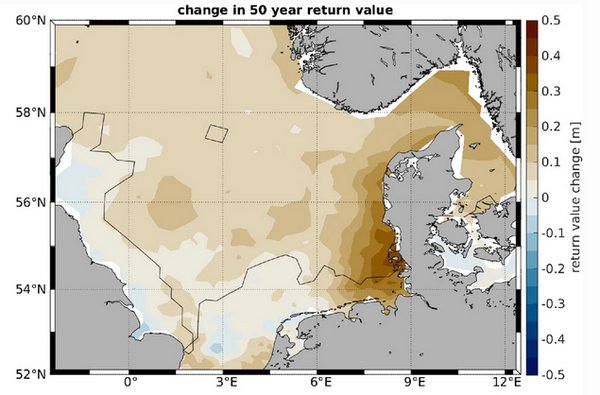
Global warming leads to higher storm surges in the German Bight
A new study in Climate Dynamics by Andreas Lang and Uwe Mikolajewicz from the Department "The Ocean in the Earth System" at the Max Planck Institute…
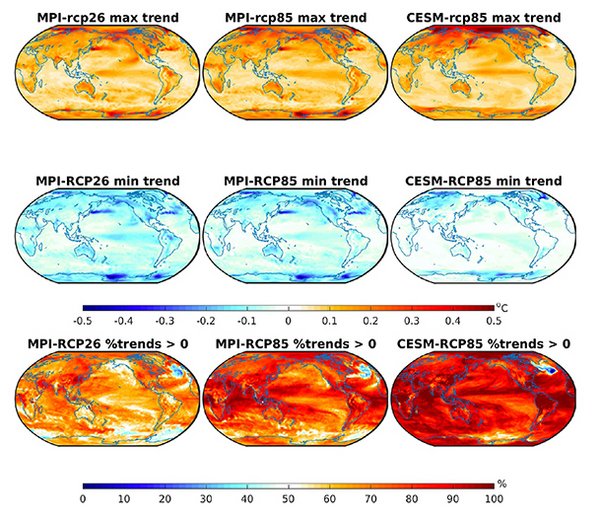
Internal variability dominates short-term surface temperature trends
A new study by Dr Nicola Maher, Dr Flavio Lehner and Prof Jochem Marotzke demonstrates that in the coming 15 years any individual point on the globe…
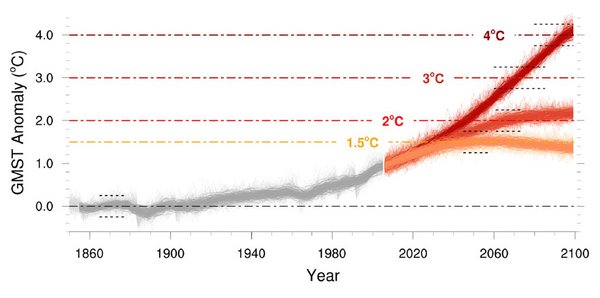
Extreme summertime heat in a warmer world: where does it come from, and can we avoid it?
In two new publications, scientists at the Max Planck Institute for Meteorology (MPI-M) studied the current and future development of extreme heat…

Multi-year forecasts can predict natural atmospheric CO2 variations
In a new study Aaron Spring and Dr. Tatiana Ilyina, researchers at the Max Planck Institute for Meteorology (MPI-M), were able to show that the…
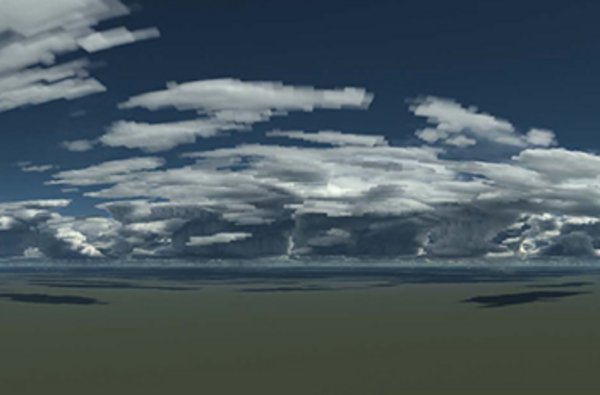
The added value of hecto and kilometer scales for climate simulation
A new study by Bjorn Stevens et al. in the Journal of the Meteorological Society of Japan describes the added value of kilometer (convective storm…
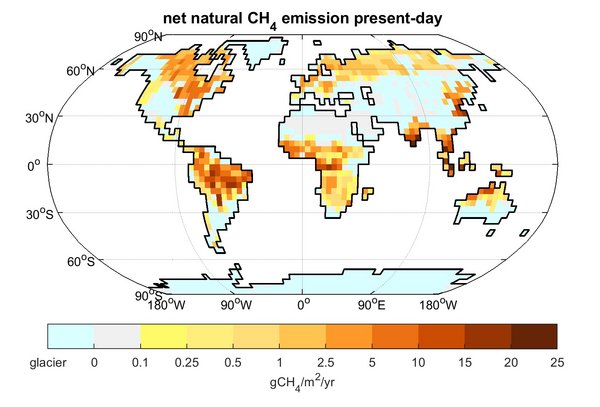
Natural methane emissions – from the glacial to the present
In a new study in Climate of the Past Dr Thomas Kleinen, Uwe Mikolajewicz, and Prof Victor Brovkin, researchers at the Max Planck Institute for…
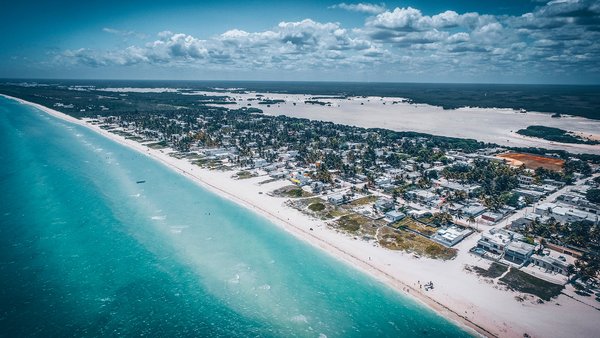
Using sea-level rise to define climate targets
One major consequence of global warming is the rising sea level. A study conducted at Universität Hamburg’s Cluster of Excellence for climate…
Risky Cooling | Dr Ulrike Niemeier
Volcanoes are sources of ideas. When they erupt, they emit large amounts of sulfur dioxide, cooling the climate.
POST FROM: Barbados, Caribbean | Theresa Lang
Theresa Lang from the Max Planck Institute for Meteorology spent around two weeks on the Caribbean island of Barbados for the cloud research project…
A CERN for Climate Change
In a Perspective article appearing in this week's Proceedings of the (USA) National Academy of Science (PNAS), Prof Tim Palmer (University of Oxford,…
![[Translate to English:] [Translate to English:]](/fileadmin/_processed_/d/8/csm_Fig1_c47779f3be.png)
HALO as a cloud observatory: the NARVAL expeditions
Aircrafts have long been used to sample clouds, now the German research aircraft HALO (High-Altitude LOng-Range) has been configured as a mobile…
